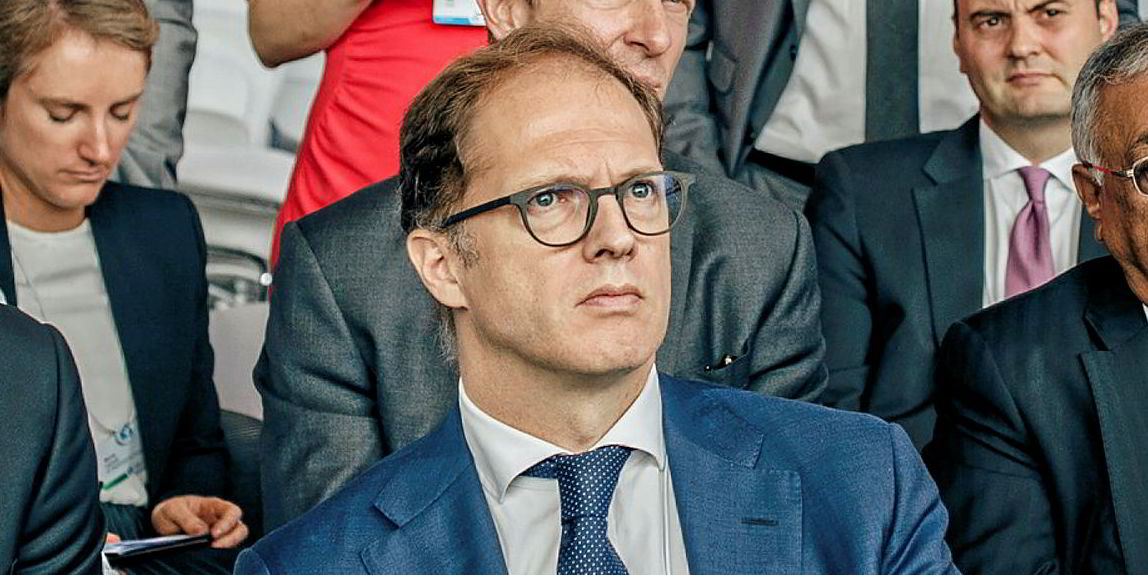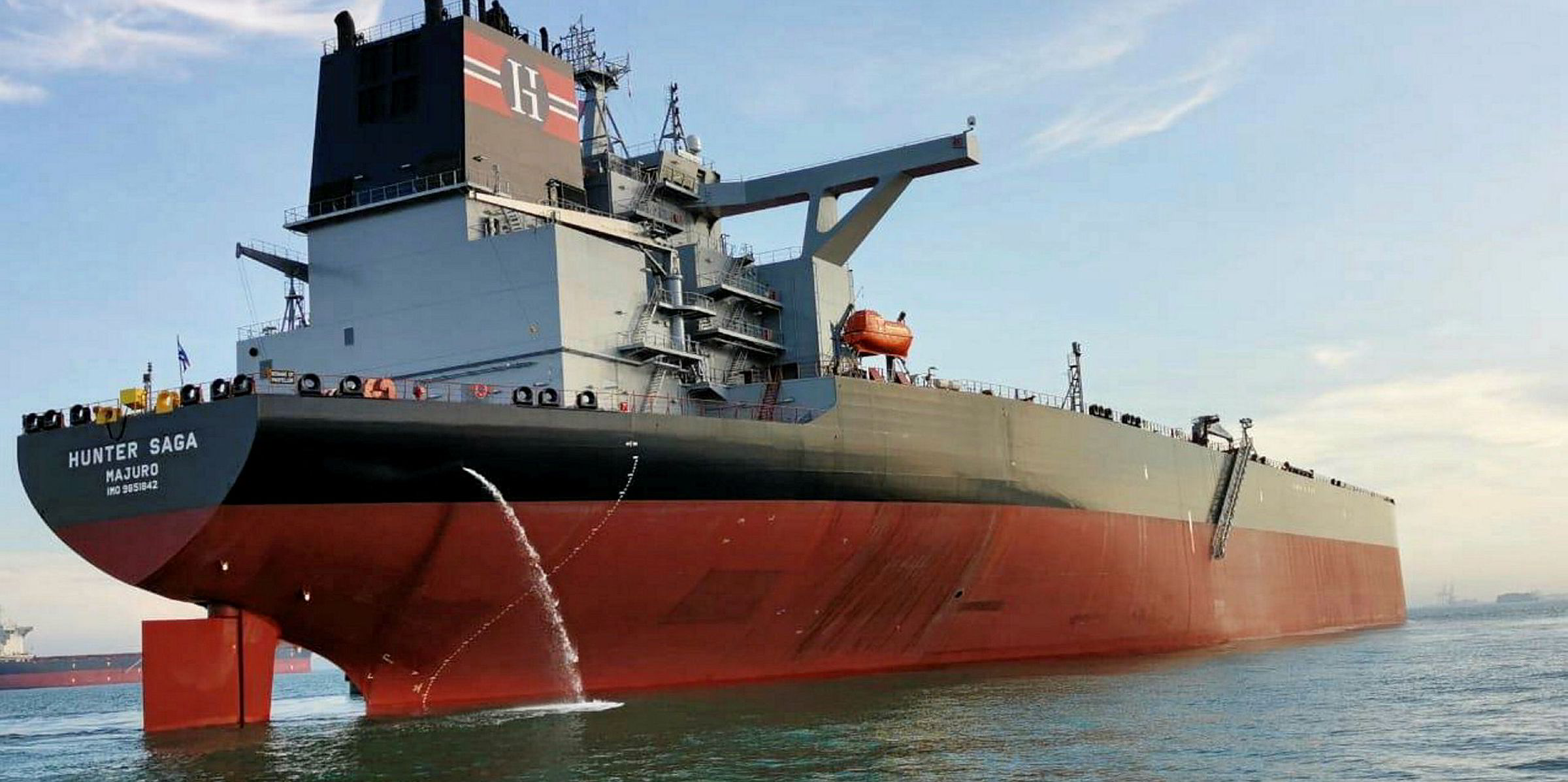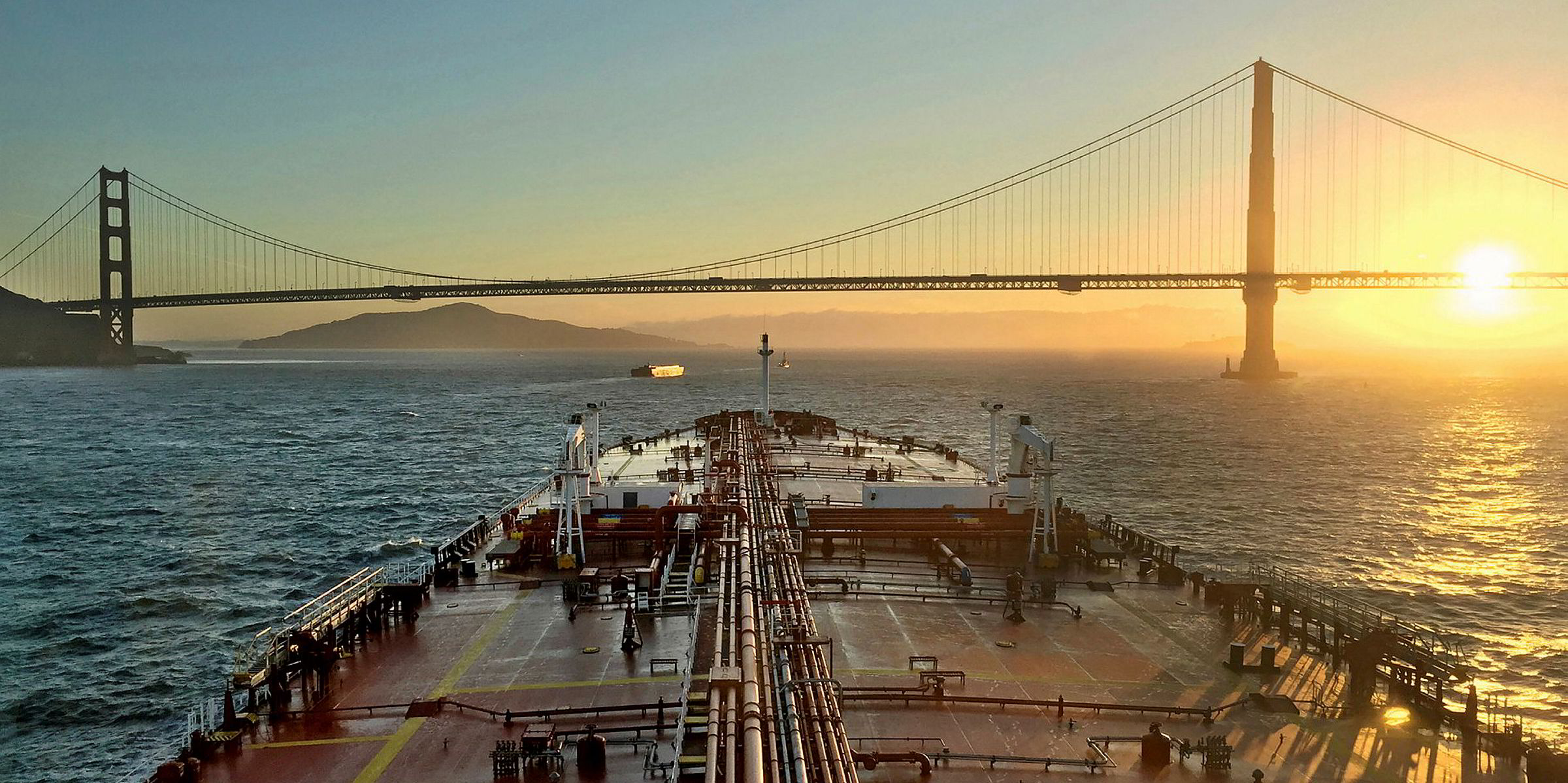Euronav, one of the world’s largest crude tanker owners, has taken in some vessels on period charters for the first time since 2015.
The Belgian tanker giant fixed the 157,000-dwt Marlin Sardinia and Marlin Somerset (both built 2019) from Trafigura for two years at $25,000 per day, brokers reported.
The charters for the scrubber-fitted, New Times Shipbuilding-built vessels can be extended by another 12 months at $26,500 per day.
Both companies declined to comment on the deals.
Euronav, which has nearly 70 VLCCs and suezmaxes in its fleet, seldom takes in vessels on time charters.
The rare deals suggest the New York-listed owner could be looking to enlarge its shipping capacity amid weak period rates, some market sources said.
Braemar ACM recently assessed the rate for a two-year suezmax charter at $26,000 per day, down from $29,250 per day in early September.
“The reported level is worrying,” a broker said. “It shows what Trafigura thinks the future is going to be.
“But Euronav at the opposite end is betting that the market isn’t as weak as the current rate suggests.”
The two suezmaxes are part of the 32 tankers that Trafigura ordered in China and South Korea on the back of long-term charters by Bank of Communications Financial Leasing three years ago.
In recent weeks, most oil majors and trading houses have limited chartering requirements and are often involved in relets.
“Very few cargo owners want to take more positions on the shipping side,” a tanker owner said, adding that the uncertainty over oil trading has curbed appetite for period charters.
Market pessimism has persisted across the tanker spectrum amid severe oversupply, with spot suezmax earnings languishing below operating expenses.
Many analysts expect tanker rates to stay low for several quarters before the oil destocking is completed and large scrapping takes place.
“Elevated scrapping usually coincides with extended periods of low freight rates and a poor outlook,” Poten & Partners head of tanker research Erik Broekhuizen said in a note to clients.
“If this typical seasonal uptick does not materialise due to Covid-19, we expect scrapping to pick up in 2021.”






